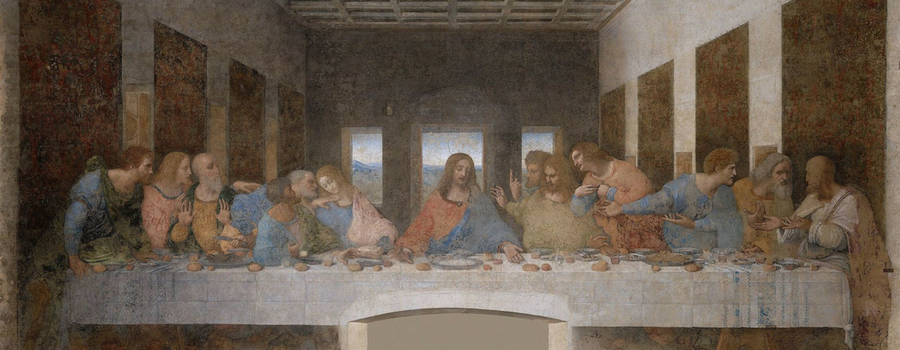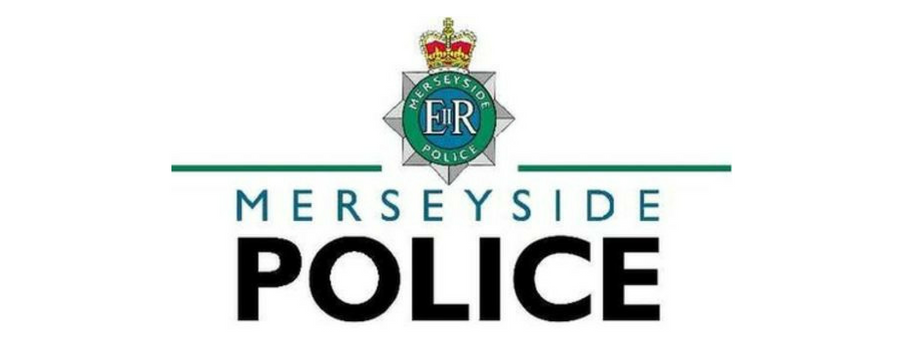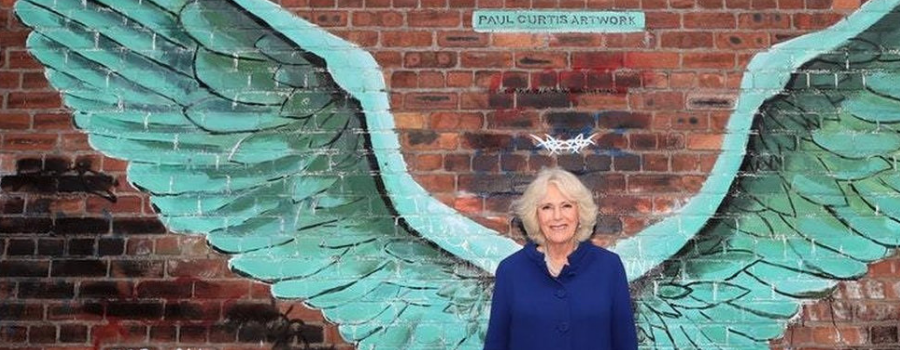If you woke up in a cold sweat this morning because it’s Friday the 13th then you may suffer from a phobia with an equally terrifying name.
Friggatriskaidekaphobia is not uncommon. The word comes from Frigga, the name of the Norse goddess after whom Friday is named, and triskaidekaphobia, or fear of the number thirteen.
Why Friday the 13th has a reputation for being cursed is unclear. There is no written evidence of the day and date being doomed before the 19th century, but superstitions inspired by the number 13 can be traced as far back as 1700 BC.
In ancient Babylon’s Code of Hammurabi the number 13 is omitted in the list of laws.

There has also been a longstanding myth that if 13 people dine together, one of them will die within a year. This appears to be based on the Last Supper, when Jesus dined with the twelve Apostles prior to his death. There is also a popular Norse myth in which eleven close friends of the god Odin eat together only to have the party of a dozen gate crashed by a 13th person, Loki, the god of evil and turmoil.
The American writer Mark Twain was once the thirteenth guest at a dinner party. He reported afterwards, “It was bad luck. They only had food for twelve.”
13 also suffers from not being regarded by history and cultures as a number of completeness. There are 12 months of the year, 12 gods of Olympus, 12 hours of the clock, 12 tribes of Israel, 12 Apostles of Jesus, and 12 Descendants of Muhammad Imams.
There’s even the Dirty Dozen. Based on a real-life squad called the Filthy Thirteen it seems Hollywood couldn’t handle the dreaded number.

In fact in America the number 13 is so frowned upon that many cities do not have a 13th Street or a 13th Avenue, many high-rise buildings avoid having a 13th floor, some hospitals avoid labelling rooms with the number 13 and many airports will quietly not bother with a gate 13.
The North Carolina Stress Management Centre and Phobia Institute has estimated that between 800 and 900 million dollars are lost in the U.S. each year when shoppers choose to remain at home or not to travel.
Is it all hokum? In 1993 a study in the British Medical Journal entitled Is Friday the 13th Bad for Your Health? reported: “[Hospital] admissions due to transport accidents were significantly increased on Friday 13th. CONCLUSIONS: Friday the 13th is unlucky for some. The risk of hospital admission as a result of a transport accident may be increased by as much as 52%. Staying at home is recommended.”
Given the pressure on A&E departments in Britain at the moment this feels like sound advice.

























